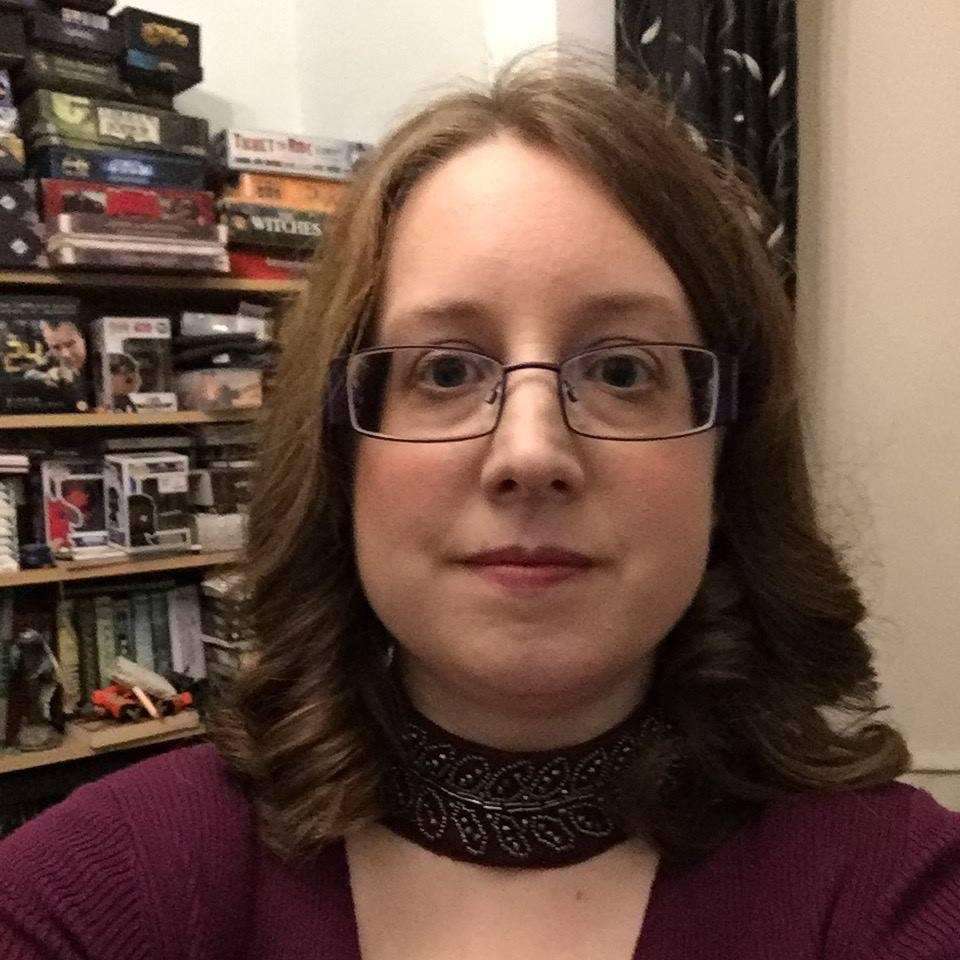In this monthly column, we check in with one of our resident agents to answer those questions you’re too afraid to ask for yourself. This month, Laura Bennett of the Liverpool Literary Agency tackles questions asked by BFS members in our dedicated Discord channel.

Name: Laura Bennett
Agency: Liverpool Literary Agency
Specialism: Sci-Fi & Fantasy
Location: North West England
Follow: Threads: Losbennett / Twitter: Losbennett
Read more about Laura in her BFS member profile, here.
Q: How should someone who writes in more than one genre niche approach an agent? For example, if they had written several books for several different genre markets, should they just choose one to approach with initially, or explain the situation up front and attempt to send samples from more than one work?
It’s probably going to be best if you choose one to focus on. I would also give the personal advice of choosing one in a genre that you wouldn’t mind sticking with for a little while to build up your brand. Of course, a lot of agents cover multiple genres so there is absolutely nothing wrong with saying a little about your other works in your submission letter, too. Occasionally I’ll ask to see a different work if I like an author’s style but I’m not looking for that particular thing. It’s also something you can chat about on a call. It’s nice to have a few strings to your bow as it gives a larger pool of editors and imprints that we can send your work to.
Q: How do agents treat novellas these days? The market for these seems to be expanding but it is still difficult to know if agents would care to see them at all.
Good question, and the honest answer is that I’m not sure! I don’t do novellas and I only know a couple of other agents who do. I’d love to see them become more of A Thing – one of the biggest barriers against them was that they weren’t cost-effective for print runs, but with more ebook-first publishers out there, that’s not as much of a concern. At present I still don’t think enough publishers are doing them in order for them to be super-popular with agents, but it wouldn’t surprise me if there’s a shift in that.
Q: All of the advice on querying says that you need to prioritise sending your work to agents that are a good fit for your work – i.e. ones that are looking for or represent similar work. My question is, once you’ve exhausted that list, is it worthwhile querying agents who might not be a ‘good fit’ for your work? Or would you likely be wasting your time?
Unfortunately, you’d probably be wasting your time, unless you were sending something really close to what they ask for. It depends what you mean by a ‘good fit’ though. If you mean something like querying an agent who does character-driven epic fantasy and you’ve done something more plot-driven, then it’s possibly worth a shot! But if they do character-driven fantasy and you’ve done a sci-fi thriller, then no – it’s likely a waste of time. I’ve occasionally had something through that I’d not considered before but really loved, but I’d still only look at works that fell under the SFF umbrella – I wouldn’t consider a contemporary crime novel, or a romcom with no speculative elements, for example. (I just don’t have the knowledge or contacts!)
Q: If you make an offer to a writer, what questions would you expect them to ask you – and what questions would you ask in return – to make sure you’re a good fit for one another?
Brilliant question. Things I would expect to be asked:
- What did you enjoy most about my work? What things would you change?
- How much editing do you typically do before you send a book out? (It’s a good idea to have in mind how editorially hands-on you want an agent to be.)
- Can I contact your clients to ask for referrals?Â
- What publishers have you previously sold books to?
- What is your communication style and preferred methods?Â
- What happens next if we work together?Â
- What happens if things don’t work out?Â
- Do you handle all of the rights or do you work with sub-agents?Â
Things I usually ask:
- What are your other projects and what do you like to write?Â
- What would you like your career to be?Â
- What are your inspirations?Â
- How has your querying journey been? How do you feel about going on submission?Â
- Are there any publishers you would especially want to work with, or to avoid?
- Would you need support finding beta readers/critiques, or do you have something set up already?
I tend to ask less questions than I answer, because I appreciate that this is a massive step and want authors to always feel comfortable and positive about putting their careers in my hands! It’s a big thing to hinge on an hour’s meeting. I’m here for the long term, so I like to know that we’re going to be compatible moving forward as well as on the one book.
Read previous columns:
Featured image: by cyrus gomez on Unsplash

